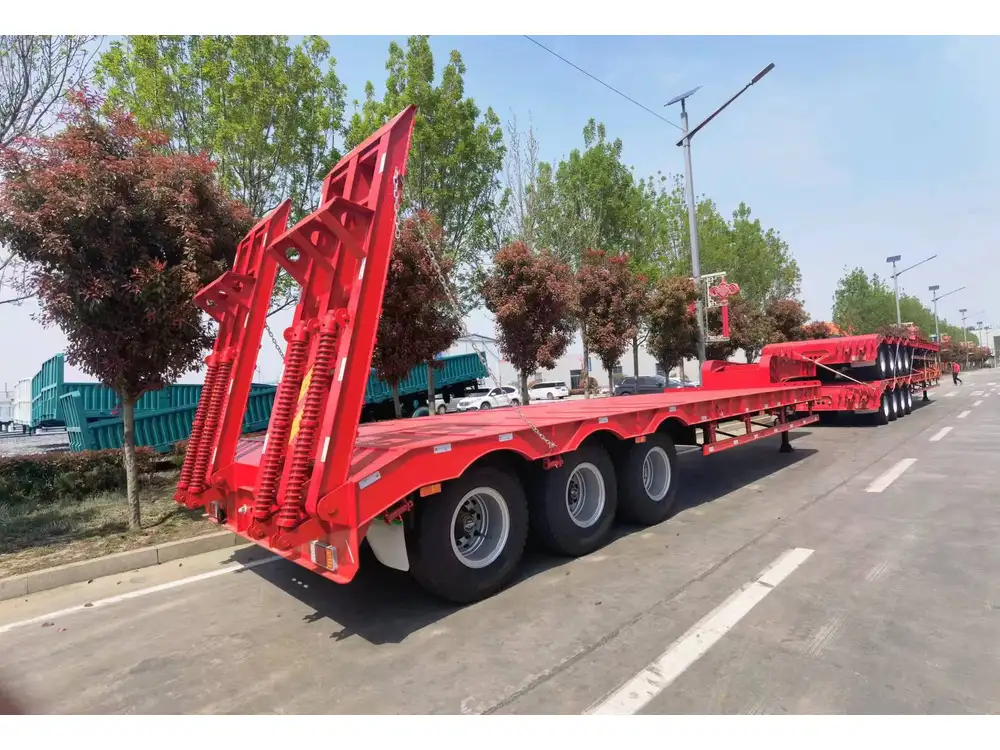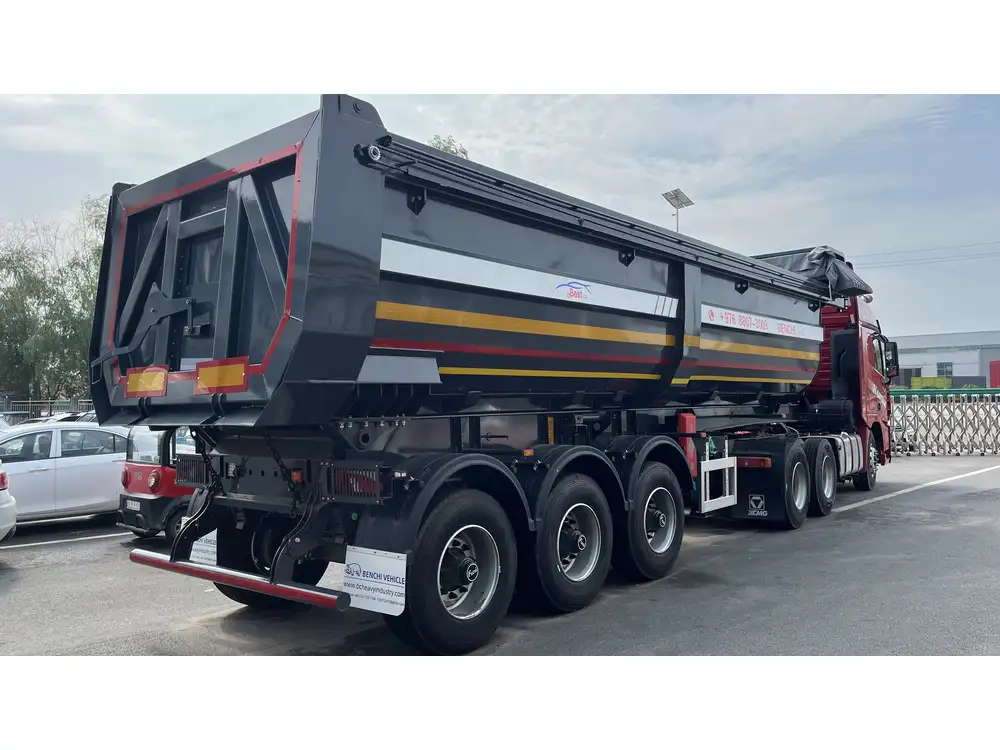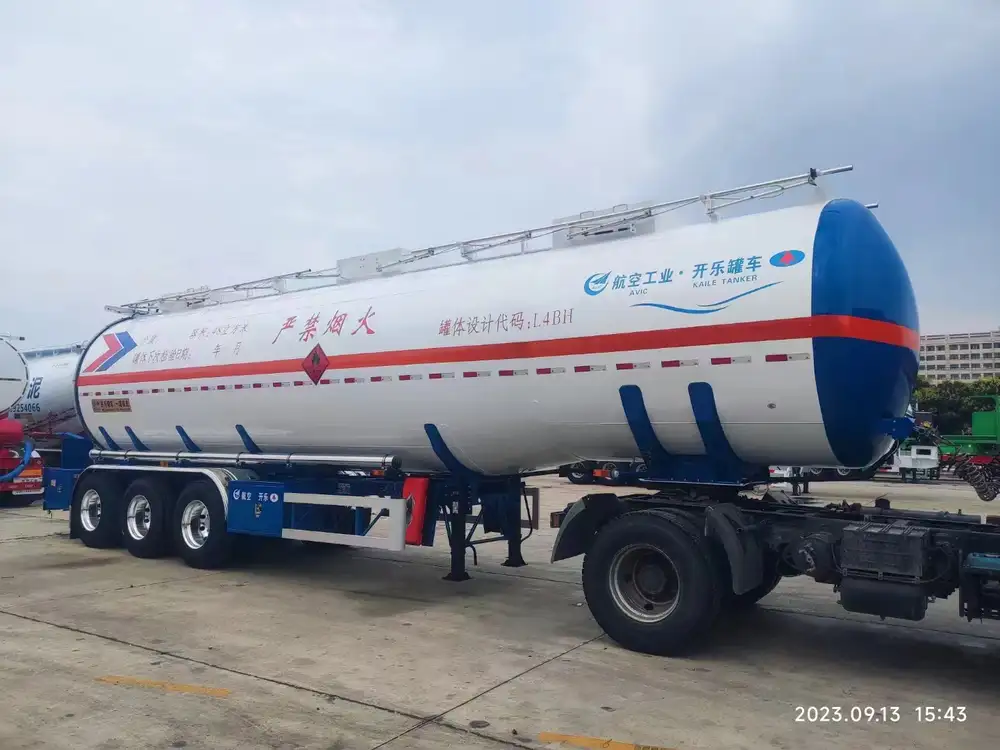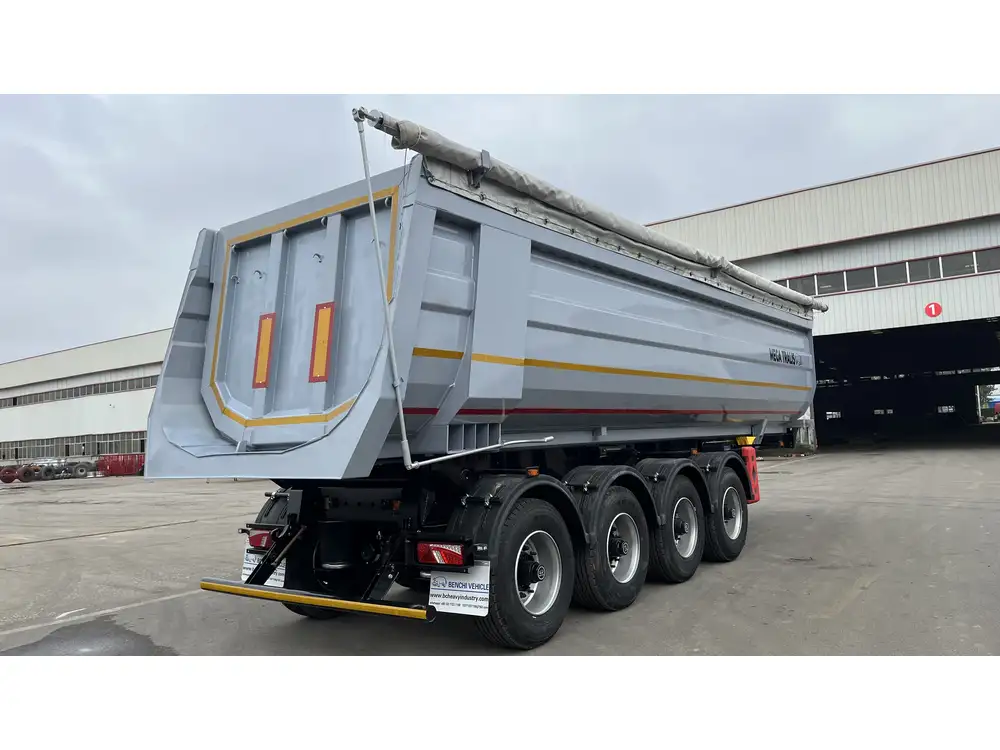When it comes to the costs associated with operating a semi truck, understanding the price of tires is crucial. One of the most popular tire sizes for semi trailers is the 24.5-inch tire, commonly found on heavy-duty trucks and trailers. This article delves deep into the factors influencing the cost of 24.5 semi truck trailer tires, examines different types available, and explores additional pertinent information that can help fleet owners, owner-operators, and logistics companies make informed decisions.
Understanding Tire Pricing
Key Factors Influencing Costs
The price of 24.5 semi truck trailer tires can vary widely based on several factors, including:
- Tire Brand: Renowned brands like Michelin, Goodyear, and Bridgestone typically have higher price points due to their reputation for quality and durability compared to lesser-known brands.
- Tread Design: Tires are engineered for different applications, from long-haul to regional, which affects their price. For instance, tires designed for more rugged terrains may cost more due to specialized construction.
- Load Rating: Tires with higher load ratings designed to carry heavier cargo tend to be more expensive. Understanding your freight requirements is essential for selecting the right load-rated tires.
- Performance Features: Advanced technologies, like fuel efficiency enhancements, noise reduction, and improved traction, often come at a premium.
- Seasonality: Seasonal tires, such as those engineered for winter driving, can also significantly differ in price due to the materials and patterns used.

Average Cost Breakdown
To provide a clearer understanding, here’s a summary of the average costs associated with 24.5 semi truck trailer tires based on various factors:
| Tire Brand | Price Range (Per Tire) |
|---|---|
| Budget Brands | $150 – $250 |
| Mid-Range Brands | $250 – $400 |
| Premium Brands | $400 – $700 |
Comparing Costs and Value
While the initial purchase cost is essential, it’s crucial to also consider the value offered by different tires in terms of overall lifespan, performance, and fuel efficiency. Premium tires, although more expensive upfront, may result in lower operating costs over time due to their durability and improved fuel economy. A prudent approach is to calculate the total cost of ownership, factoring in mileage, maintenance costs, and potential uptime.
Types of 24.5 Semi Truck Trailer Tires

All-Position Tires
All-position tires are versatile and designed for various applications, making them suitable for fleets that require flexibility. They are generally utilized on the front and rear axles and can handle both regional and long-haul transport operations.
- Price Range: $200 – $600
- Benefits: Improve fuel efficiency, offer a balanced tread wear pattern, and provide solid traction on both wet and dry roads.
Drive Tires
Drive tires are specifically designed to provide superior traction for the drive axles of trucks. They feature a deeper tread design compared to all-position tires.
- Price Range: $250 – $700
- Benefits: Enhanced grip and performance on challenging terrain, reduced slipping, and better handling under heavy loads.
Trailer Tires
Trailer tires are inherently lighter than drive tires because their main function is to carry the load rather than provide traction. They often come with optimized tread patterns designed for longevity during highway use.
- Price Range: $150 – $550
- Benefits: Cost-effective for trailer applications, designed for minimal rolling resistance, thus improving fuel efficiency during transportation.

Specialty Tires
For those operating in specific industries, such as agriculture or construction, specialty tires may be necessary. These tires are made to withstand extreme conditions and loads.
- Price Range: $300 – $1,000
- Benefits: Enhanced durability, puncture resistance, and performance in off-road conditions.
Factors Beyond Price
While pricing is crucial, it shouldn’t be the sole factor in your decision-making process. Consider the following elements when purchasing 24.5 semi truck trailer tires:
Tire Longevity
Tire longevity translates to cost-effectiveness. Tire life can vary dramatically depending on road conditions, driving habits, and maintenance. Routine inspections and proper inflation can extend tire life significantly.

Warranty and Coverage
Different manufacturers offer diverse warranty options. Understanding the terms of the warranty can provide extra peace of mind, particularly for long-haul operations where tires may face harsher conditions.
Maintenance and Tire Care
Adhering to a proper maintenance routine can greatly influence the lifespan and performance of semi truck tires. Techniques include:
- Regular Inspections: Check for uneven wear, cracks, and foreign objects lodged in the treads.
- Proper Inflation: Tire pressure should be monitored and adjusted according to the manufacturer’s specifications.
- Rotation: Regularly rotating tires can promote even wear and extend service life.
Reviews and Recommendations
Before finalizing a purchase, researching user reviews and expert recommendations can provide insight into the performance and durability of specific tire models. Online platforms and forums focused on trucking and logistics often offer valuable feedback.

Calculating ROI on Tire Investments
One of the most significant aspects of managing a fleet is understanding the return on investment (ROI) for tire purchases. Here’s how to approach calculating ROI:
Initial Investment
Start by determining the upfront costs associated with purchasing new tires.
Operating Costs
Factor in savings from increased fuel efficiency, reduced downtime, and lower maintenance costs as a direct result of better-performing tires.

Mileage Tracking
Monitor the mileage achieved on the new tires compared to previous tires. Improved mileage due to better traction and efficiency directly contributes to a stronger ROI.
Lifespan Comparison
If the new tires last longer than their predecessors, the supplementary mileage contributes positively to the ROI calculations.
Additional Considerations
When evaluating above factors, also consider seasonal demands – how will different tire specifications hold up during winter vs. summer, for example?

Frequently Asked Questions About 24.5 Semi Truck Trailer Tires
1. How often should I replace my 24.5 semi truck trailer tires?
Tire replacement should be approached based on tread depth, wear patterns, and manufacturer recommendations. On average, heavy-duty tires may last anywhere from 50,000 to over 100,000 miles, depending on usage and maintenance.
2. Can I mix tire brands and types on my semi truck?
Mixing tire brands and types is not advisable as it can lead to uneven wear and unpredictable handling, impacting both safety and fuel efficiency.
3. What are signs that my trailer tires need to be replaced?
Common signs include noticeable tread wear, bulges or blisters in the tire wall, vibration while driving, or decreased fuel efficiency.
4. Should I consider retreaded tires?
Retreaded tires can provide a cost-effective solution for fleet owners, but it’s essential to assess their condition and suitability for your operational needs.
5. How can I maximize the lifespan of my trailer tires?
Regular maintenance, proper inflation, tire rotation, and alignment checks are crucial in enhancing tire longevity and performance.
Conclusion
Understanding the costs associated with 24.5 semi truck trailer tires requires looking beyond just the sticker price. By considering factors such as tire type, brand reputation, performance specifications, and maintenance practices, fleet operators can make informed decisions that balance upfront costs against long-term value and efficiency. Whether you are a new owner-operator or managing a larger fleet, investing the time to evaluate these aspects will undoubtedly pay dividends, improving your operational performance and bottom line in the long haul.



